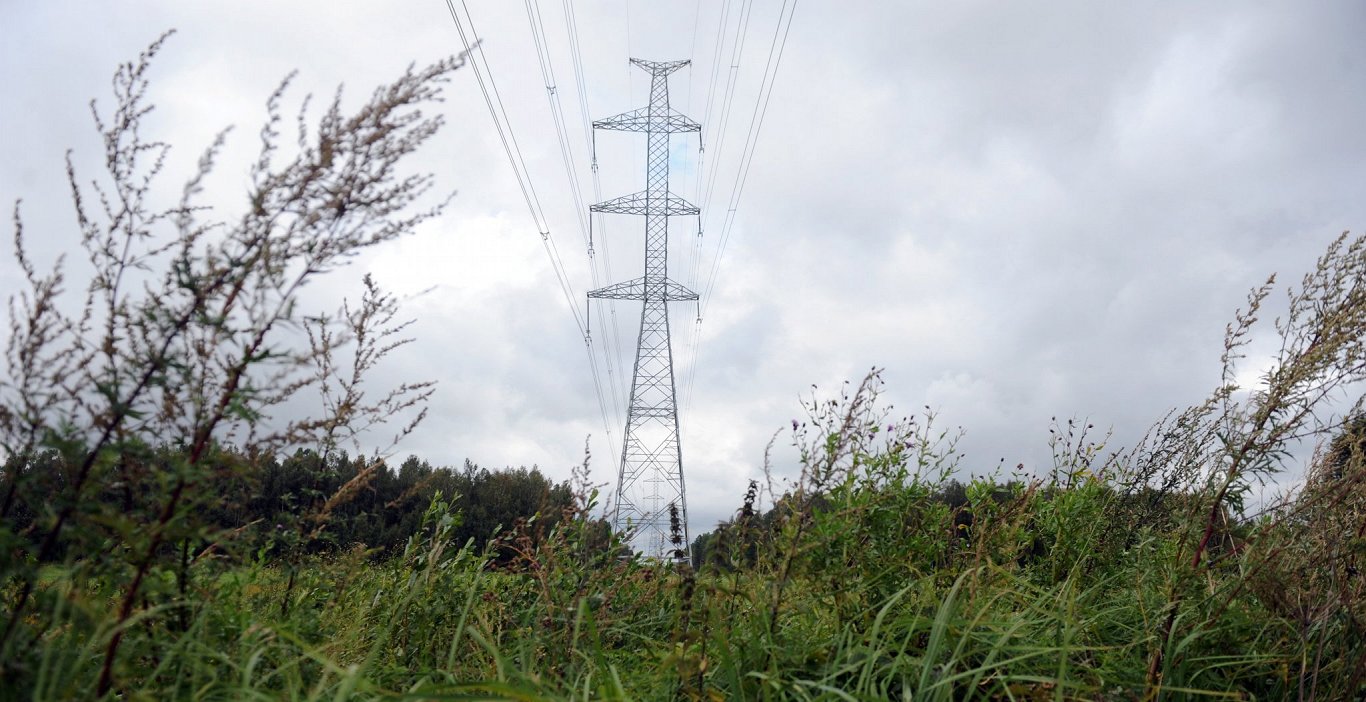“In the Baltic States, we have a huge challenge in the medium term, namely that we produce too little electricity. The worst situation is in Lithuania, but we also have deficits. So we have to move toward more production,” Kariņš said.
One joint project is already under consideration: the possibility of setting up an offshore wind park with Estonia.
“It will help. But we need even more power. The more internal capacity we will have, the less we will have to import, the less we would depend on market fluctuations, and prices would also be lower in the medium term, because if there is more supply, prices go down,” said the Prime Minister.
Latvenergo, meanwhile, is evaluating the possibility of obtaining electricity in “mini nuclear plants”. Kariņš commented that nuclear power is a solution used by a number of countries in Europe.
“If we move away from the use of natural gas in the Baltic [..] we will need the so-called base capacity, which always works. Not always does the sun shine, not always does the wind blow. And nuclear energy is the kind of solution used by Finland, Sweden, France, many countries in Europe,” Karins said.
He added that it would likely be more economical if it were implemented by two or three countries together. “The last time we failed to [agree] due to Lithuania's internal policies. The situation has now changed. I think every country will start to see this issue again. And we have to look with open eyes,” the Prime Minister said.





























